Bash documentation says that every time $RANDOM is referenced, a random number between 0 and 32767 is returned. If we sum two consecutive references, we get values from 0 to 65534, which covers the desired range of 63001 possibilities for a random number between 2000 and 65000.
To adjust it to the exact range, we use the sum modulo 63001, which will give us a value from 0 to 63000. This in turn just needs an increment by 2000 to provide the desired random number, between 2000 and 65000. This can be summarized as follows:
port=$((((RANDOM + RANDOM) % 63001) + 2000))
Testing
# Generate random numbers and print the lowest and greatest found
test-random-max-min() {
max=2000
min=65000
for i in {1..10000}; do
port=$((((RANDOM + RANDOM) % 63001) + 2000))
echo -en "\r$port"
[[ "$port" -gt "$max" ]] && max="$port"
[[ "$port" -lt "$min" ]] && min="$port"
done
echo -e "\rMax: $max, min: $min"
}
# Sample output
# Max: 64990, min: 2002
# Max: 65000, min: 2004
# Max: 64970, min: 2000
Correctness of the calculation
Here is a full, brute-force test for the correctness of the calculation. This program just tries to generate all 63001 different possibilities randomly, using the calculation under test. The --jobs parameter should make it run faster, but it's not deterministic (total of possibilities generated may be lower than 63001).
test-all() {
start=$(date +%s)
find_start=$(date +%s)
total=0; ports=(); i=0
rm -f ports/ports.* ports.*
mkdir -p ports
while [[ "$total" -lt "$2" && "$all_found" != "yes" ]]; do
port=$((((RANDOM + RANDOM) % 63001) + 2000)); i=$((i+1))
if [[ -z "${ports[port]}" ]]; then
ports["$port"]="$port"
total=$((total + 1))
if [[ $((total % 1000)) == 0 ]]; then
echo -en "Elapsed time: $(($(date +%s) - find_start))s \t"
echo -e "Found: $port \t\t Total: $total\tIteration: $i"
find_start=$(date +%s)
fi
fi
done
all_found="yes"
echo "Job $1 finished after $i iterations in $(($(date +%s) - start))s."
out="ports.$1.txt"
[[ "$1" != "0" ]] && out="ports/$out"
echo "${ports[@]}" > "$out"
}
say-total() {
generated_ports=$(cat "$@" | tr ' ' '\n' | \sed -E s/'^([0-9]{4})$'/'0\1'/)
echo "Total generated: $(echo "$generated_ports" | sort | uniq | wc -l)."
}
total-single() { say-total "ports.0.txt"; }
total-jobs() { say-total "ports/"*; }
all_found="no"
[[ "$1" != "--jobs" ]] && test-all 0 63001 && total-single && exit
for i in {1..1000}; do test-all "$i" 40000 & sleep 1; done && wait && total-jobs
For determining how many iterations are needed to get a given probability p/q of all 63001 possibilities having been generated, I believe we can use the expression below. For example, here is the calculation for a probability greater than 1/2, and here for greater than 9/10.

